Cancun International Airport, a top leisure destination, just dropped a fee targeting travelers with multiple laptops. This change comes from the governor of Quintana Roo, who announced that visitors can now bring in more than one computer without incurring charges. Previously, this duty impacted many foreign arrivals, particularly those who work remotely and often travel with extra devices.
Before this update, Cancun enforced a hefty tax of 19% on any second laptop or similar device. This tax applied to items valued up to $4,000. Consequently, unsuspecting tourists could face unexpected fees totaling hundreds of dollars upon arrival. If they refused to pay, the airport denied them entry with their additional devices. Many travelers found this tax surprising and felt it gave them a negative impression of Mexico.
As Cancun attracts countless tourists, especially remote workers, many travelers routinely carry multiple devices without a second thought. The inconsistency of this tax further frustrated visitors. Some travelers believed the fee seemed like a scam, impacting their overall experience in the country. The governor noted that eliminating this tax will improve the destination’s image, as it previously caused discomfort and confusion among visitors.
This laptop duty originated from Mexico’s General Rules for Foreign Trade. It’s unclear whether other airports or land border crossings enforce similar regulations. Nonetheless, travelers flying to Cancun should still consider bringing their laptops as carry-on luggage.
Globally, many countries have strict customs rules regarding personal electronic devices. These rules often aim to prevent smuggling and ensure proper customs duties are paid on commercial imports. While most nations allow tourists to bring their electronics, some impose strict limits. In Mexico, for example, travelers can theoretically bring only one computer per person.
In Turkey, tourists face additional restrictions. A visitor’s mobile phone connects to local networks only for the duration of their visa, usually lasting three to six months. After this period, tourists must pay a tax to register their phones or buy new ones. Many countries, including Indonesia and Iran, implement similar policies.
The recent change at Cancun International Airport marks a significant step toward enhancing the travel experience for visitors. By removing the tax on additional laptops, Cancun positions itself as a more appealing destination for remote workers and vacationers alike.
Lastly, don’t forget to check WentWorld.com and follow our social media channels for ultimate travel tips and destination guides.
Related stories:
Catch up on the top stories and travel deals by subscribing to our newsletter!

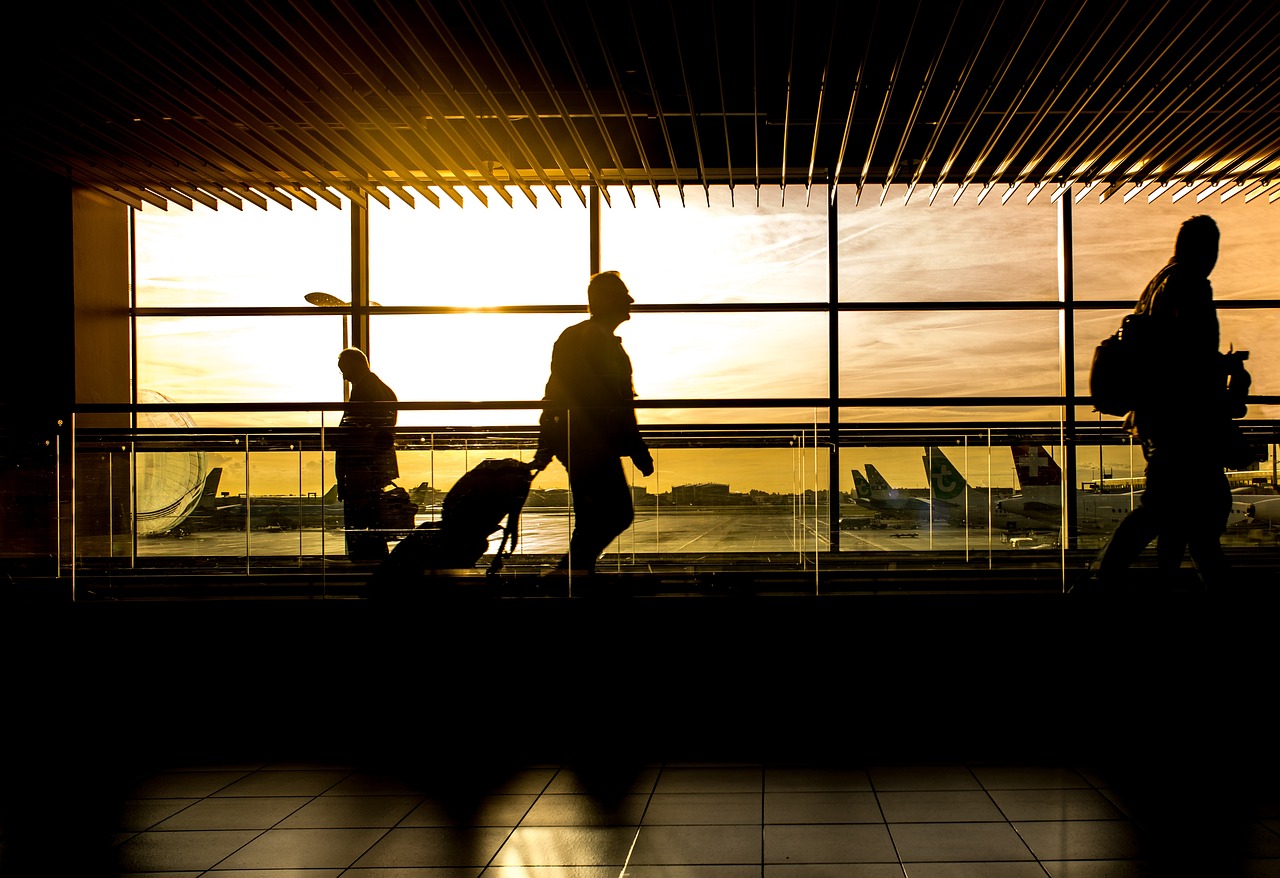

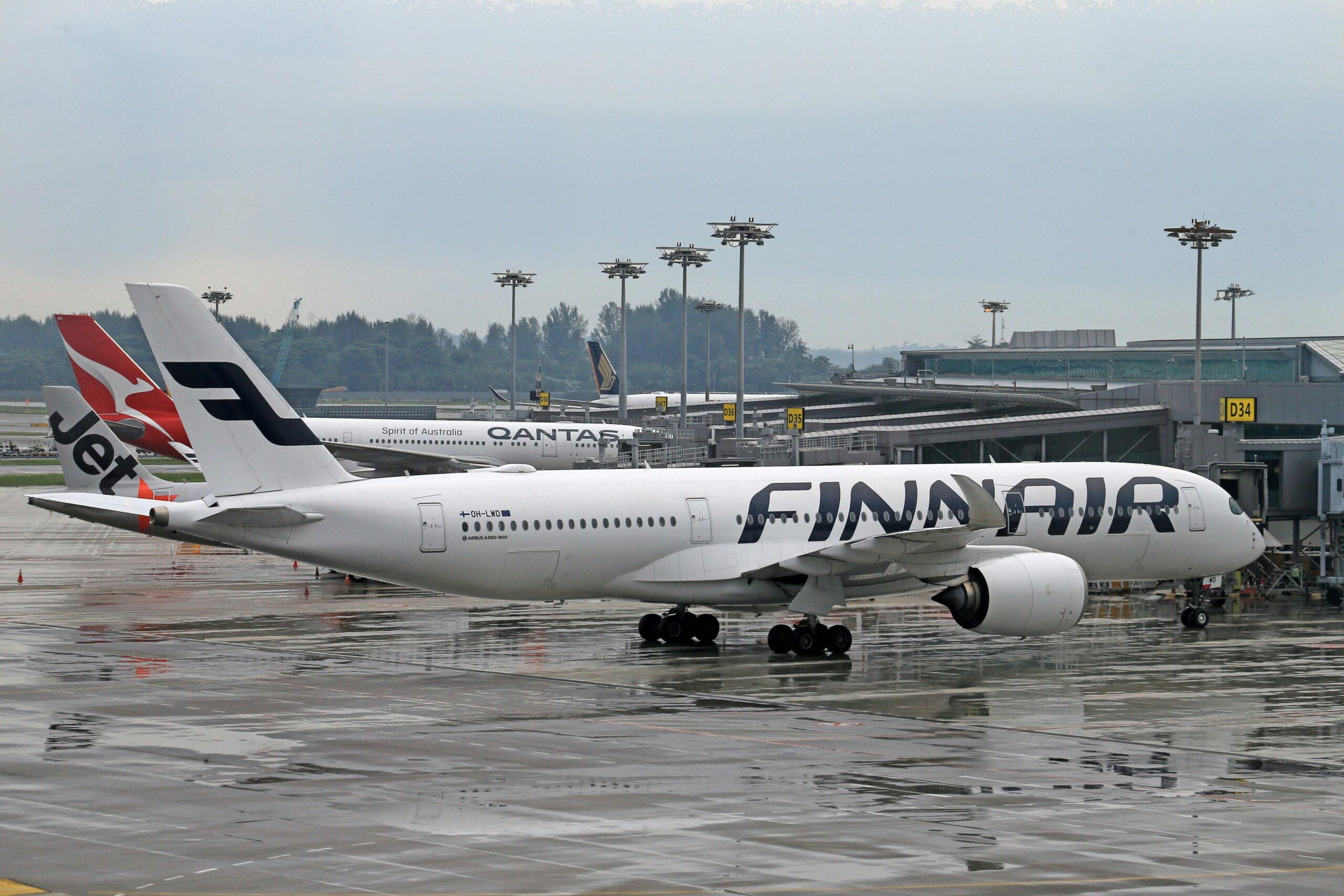
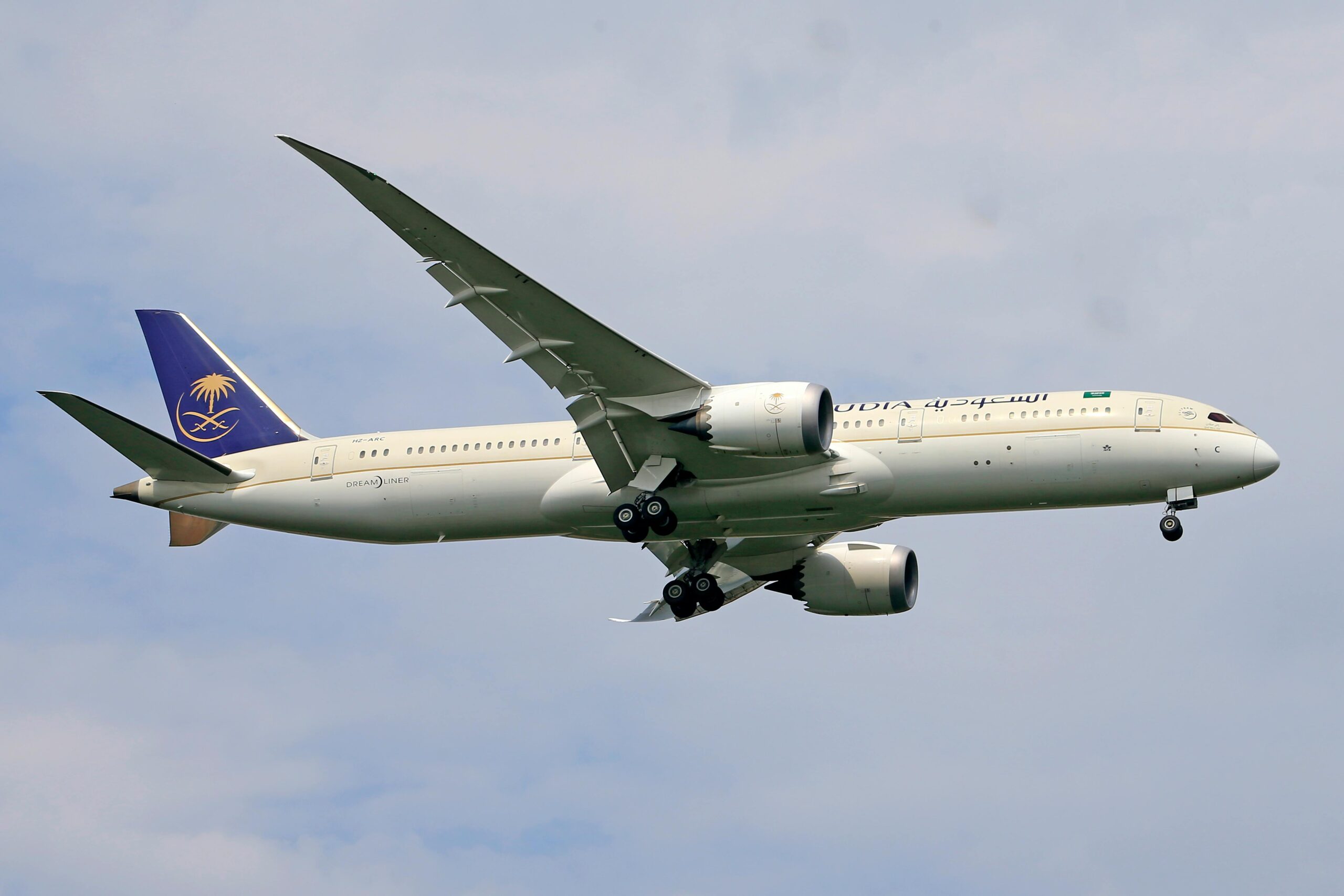

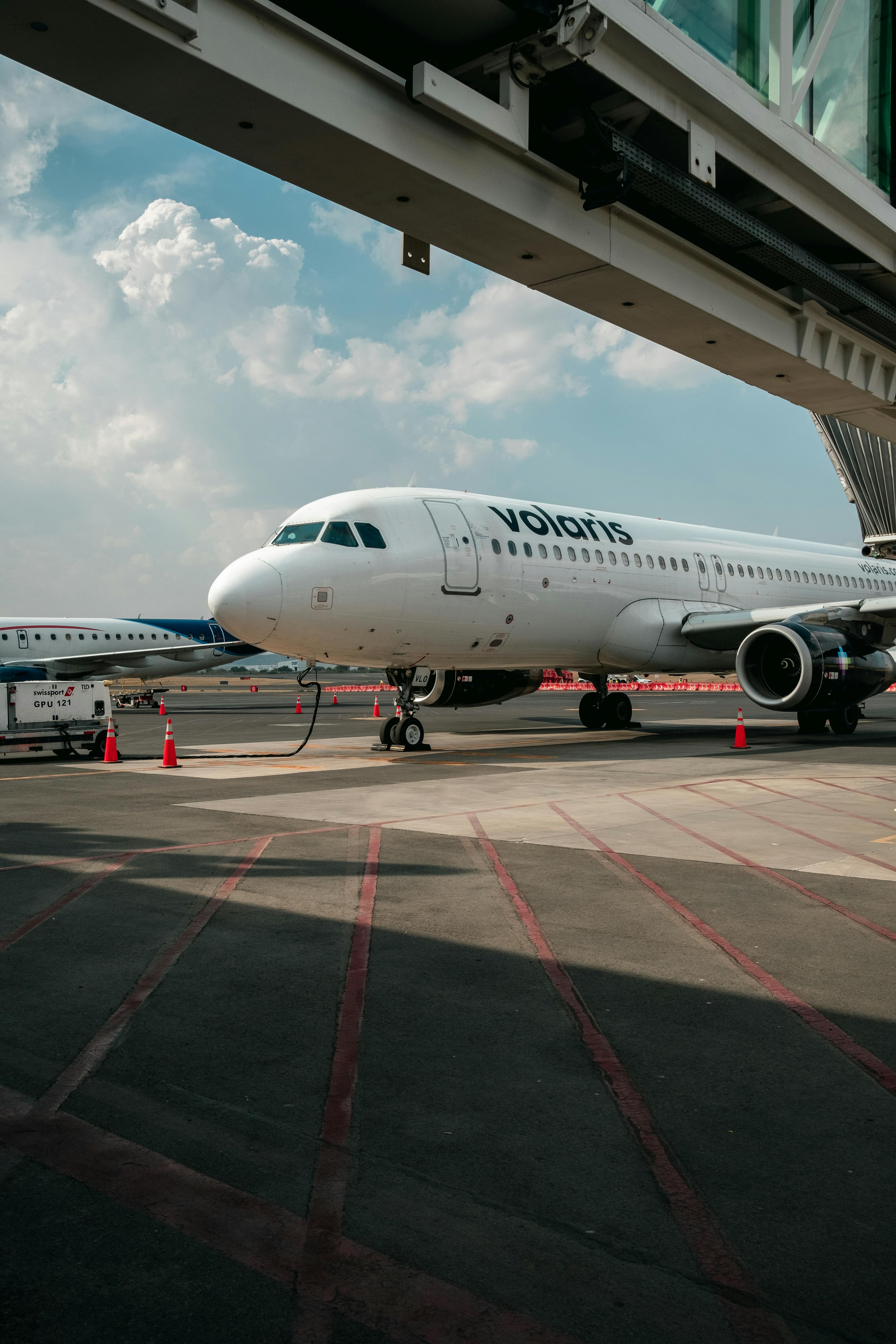
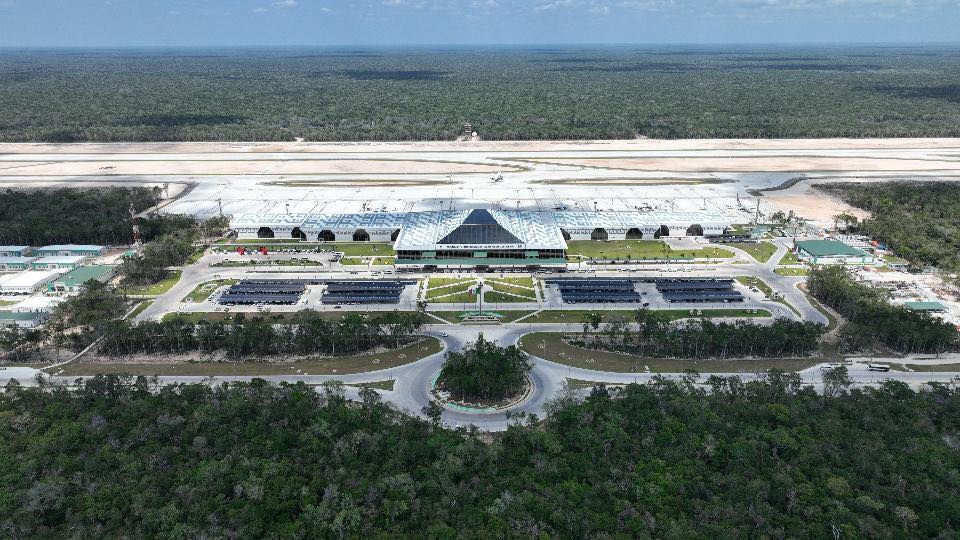




Leave a Reply